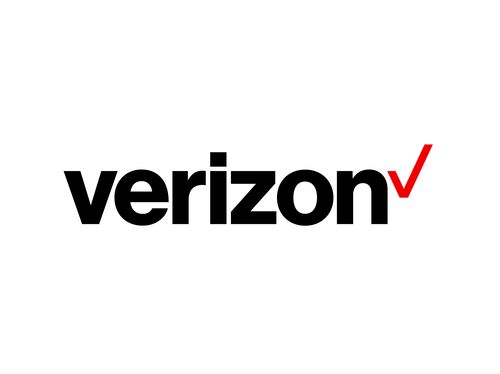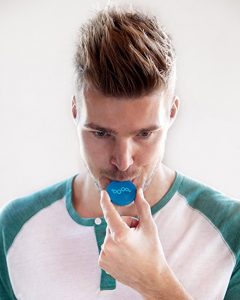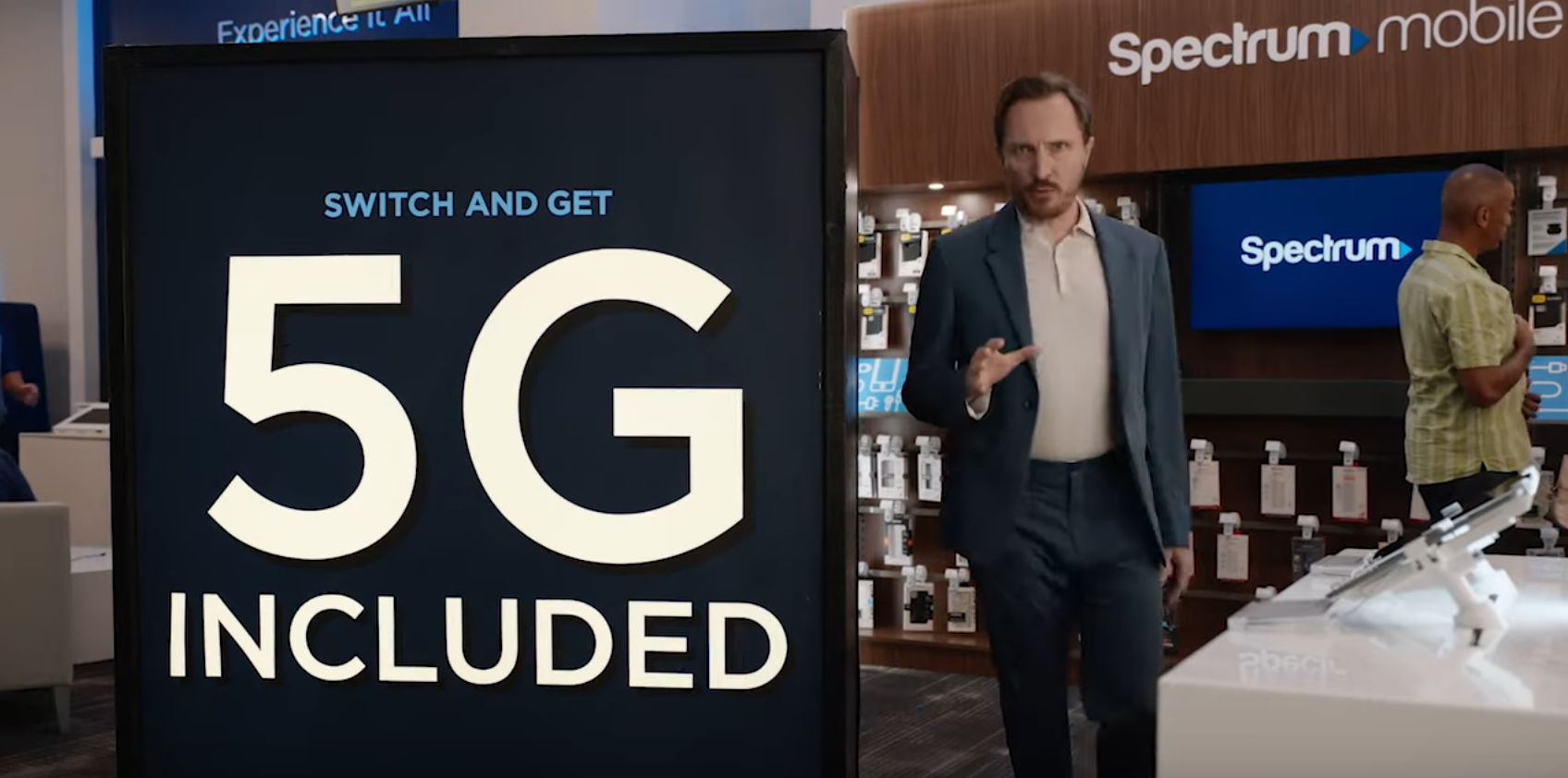
Verizon: ‘You Dunk It, We Upgrade It’
Except when there’s battery damage.
You’re at a dinner party on your third glass of wine when you realize that you only booked the babysitter for another half hour. Do you call to let the babysitter know you’ll be another hour or so, or are you good to drive?
 The Breathometer marketed itself as the solution to this problem, touting its purported ability to help those who imbibe “make smart decisions.” Simply blow into a hole in the small device that hooks up to your smartphone through the audio jack or Bluetooth technology and within seconds your BAC (blood alcohol) level appears onscreen via a free app with a time indicating how long it’ll take to get back to zero.
The Breathometer marketed itself as the solution to this problem, touting its purported ability to help those who imbibe “make smart decisions.” Simply blow into a hole in the small device that hooks up to your smartphone through the audio jack or Bluetooth technology and within seconds your BAC (blood alcohol) level appears onscreen via a free app with a time indicating how long it’ll take to get back to zero.
That pitch was enough to land the company and its founder, Charles Michael Yim, the first-ever million-dollar deal on the reality show Shark Tank.
But could these readings be trusted? While the company said yes and advertised that readings are backed by “government lab grade testing,” the FTC said no.
In a complaint filed by the FTC, the agency alleged:
In most instances, Defendants only tested Original devices (the first version of the Breathometer that physically plugged into a smartphone) for accuracy at 0.02% BAC, although the level at which a consumer is considered too intoxicated to drive is 0.08% BAC.
Not only that, the company knew that the Bluetooth-enabled version of the device, Breeze (pictured), regularly understated BAC levels yet failed to notify customers of this fact, the FTC alleged.
Breeze typically sold for $99 and Original for $49.99 on the company’s website and through online retailers (Breeze is still available for purchase on Amazon). From 2013 to 2016, combined sales of both devices totaled $5.1 million.
But now the company will be issuing full refunds to consumers who purchased either one of the devices under a settlement with the FTC. The refund claim forms will be available online at www.breathometer.com.
The company and Yim must also ensure that any future accuracy claims for a consumer breathalyzer product has the backing of rigorous testing.
Find more of our coverage on alcohol here.
Our Ad Alerts are not just about false and deceptive marketing issues, but may also be about ads that, although not necessarily deceptive, should be viewed with caution. Ad Alerts can also be about single issues and may not include a comprehensive list of all marketing issues relating to the brand discussed.
Except when there’s battery damage.
Interested in 5G? Spectrum Mobile may not have you covered.
When you don’t own what you buy.

